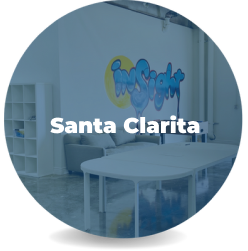Substance Use and Vaping Effects Presentation at Westmark School – March 4, 2024
Insight is proud to partner with Westmark School in the Valley to bring a Substance Use and Vaping Awareness presentation to their students on March 4th. This in-person workshop will help educate students on the dangers of vaping and substances, and help parents recognize current youth trends, the





















